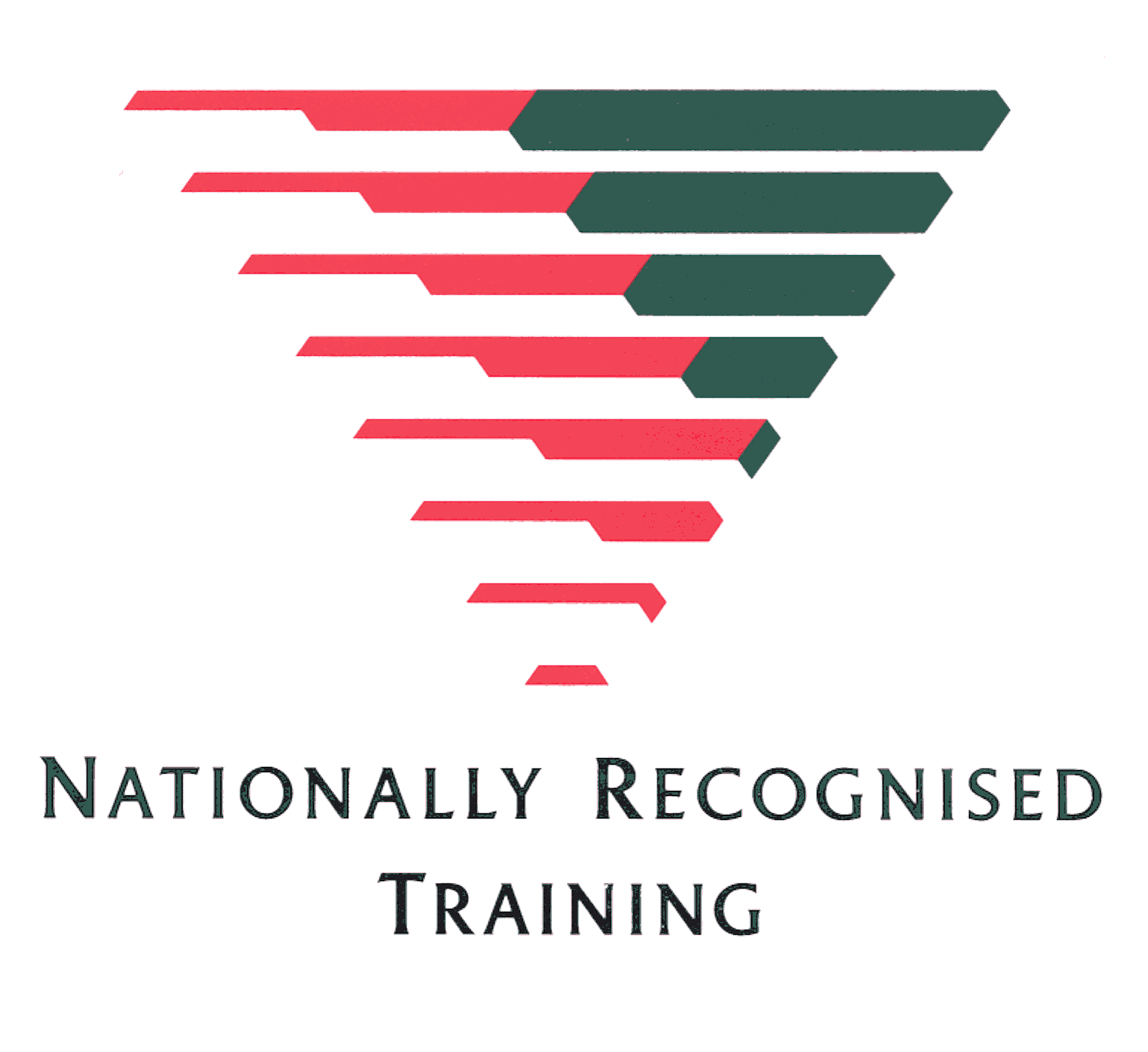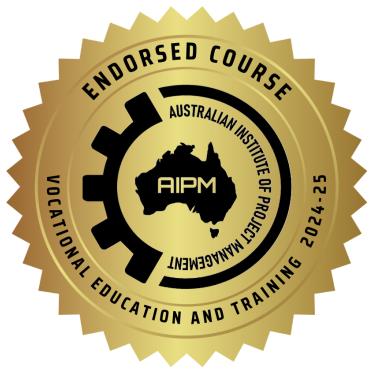delivering practical solutions













Australia Institute of Business and Technology RTO 41138 -
AGS Consulting & Training, online BSB50420- Diploma of Leadership and Management provides a foundation to lead and Manage organisations, departments, projects, teams & individuals

Courses delivered by Alan Schwartz via Registered Training Organisation
Australia Institute of Business and Technology 41138). Please contact us.
|
Credit card via PayPal |
Course fee: $2,500
See make a payment. Two or more delegates, $50 discount applies to each.
Qualification Description
This qualification reflects the role of individuals who apply knowledge, practical skills and experience in leadership and management across a range of enterprise and industry contexts.
Individuals at this level display initiative and judgement in planning, organising, implementing and monitoring their own workload and the workload of others. They use communication skills to support individuals and teams to meet organisational or enterprise requirements.
They plan, design, apply and evaluate solutions to unpredictable problems, and identify, analyse and synthesise information from a variety of sources.
Entry requirements
There are no entry requirements for this qualification.
Course start & duration
The course is self-paced ie you can start & finish at any time. Completion times vary 2 weeks (RPL) to 12 months. The course can take anything from 25 - 500+ hours depending upon experience, knowledge, existing evidence, speed of working etc
Who should do this course?
This qualification reflects the role of individuals who are engaged to lead and manage the work of others or to add value to or enhance management practices including:
Human Resources Manager
Team Leader
Office Manager
Operations Manager
Subject matter expert
Team member
Small Business Manager
Department Manager
Project manager
Business analyst
Course Outcomes
The Diploma of Leadership and Management develops a sound theoretical knowledge base and managerial competencies to plan, carry out and evaluate own work and/or the work of a team. On completion of this course you may consider higher qualifications such as BSB61015 - Advanced Diploma of Leadership and Management.
The Assessment Process
Participants select an organisation, scenario, case study and/or project to use (from past or current experience) for applying theory to practice (ie skills) via activities using templates provided by AGS (see below for examples of evidence generated in the course) undertaken throughout the course. Workplace templates/documents may also be used for evidence (or a combination of both).
Participants are required to complete an Assessment Record Book, answering questions to demonstrate knowledge and understanding. Being competency-based, there are no exams or tests.
Examples of evidence (via supplied templates)
Stakeholder Management Plan
Communication Plan
Roles & responsibilities Professional development plan Operational Plan
Negotiation plan
Performance indicators
Risk analysis
System plan
Status report Variation/change request Resource plan
Project plan
Reflective report
Courseware-support
• textbook
• PowerPoint slides
• examples, exercises, self-assessments etc
• case studies, templates, checklists
• videos and webinars
• glossary
• clear evidence & assessment documents
• e-mail support
• Skype video support (by agreement)
Qualification
AGS deliver the training and undertake assessments via Agreement with a Registered Training Organisation.
The Qualification is awarded by Australia Institute of Business and Technology 41138.
BSB50420 - Diploma of Leadership and Management Qualification (12 Units)
BSBCMM511 Communicate with influence
BSBLDR523 Lead and manage effective workplace relationships
BSBOPS502 Manage business operational plans
BSBPEF502 Develop and use emotional intelligence
BSBTWK502 Manage team effectiveness
BSBCRT511 Develop critical thinking in others
BSBLDR522 Manage people performance
BSBOPS504 Manage business risk
BSBSTR502 Facilitate continuous improvement
BSBTWK503 Manage meetings
BSBSTR501 Establish innovative work environments
BSBXCM501 Lead communication in the workplace
See below for an overview of course content.
Course content
Foundations of management
1 Levels of management
2 Managerial functions and skills
3 Organisational structures
4 Challenges facing managers
Apply emotional intelligence
1. What is emotional intelligence?
2. Personal & social competence
3. Develop emotional intelligence
Build effective workplace relationships
1. Behaviour influences relationships
2. Manage workplace information
3. Engagement
4. Negotiation & conflict resoltion
Ensure team effectiveness
1 Types of teams
2 Plan to achieve team outcomes
3 Facilitate and empower work teams
4 Liaise with management
5 Enhance the organisation’s image
Develop workplace learning environment
1 Determine development needs
2 Types of learning and development
3 Purpose of learning plans
4 Support workplace learning
5 Monitor and evaluate learning
Assign duties and appraise performance
1 Clarify roles and responsibilities
2 Delegate for results
3 Facilitate outcomes
4 Performance appraisals
5 Constructive solutions to problems
6 Value of individual performance plans
Manage & implement operational plans
1 Operational plans reflect corporate plans
2 Develop an operational plan
3 Acquire human resources
4 Acquire physical resources
5 Monitor and control operational performance
Develop critical thinking in others
1 Assess individual and team critical and creative thinking skills
2 Establish an environment that encourages the application of critical and creative thinking
3 Monitor and improve thinking practices
Risk management
1 What is risk?
2 Risk management process
3 Benefits of risk management
Establish innovative systems
1. Research context for new system development
2. Generate system concepts and options
3. Develop a plan for the system
4. Trial the system
Manage continuous improvement
1 Understanding quality
2 Quality and continuous improvement
3 Tools for continuous improvement
4 Case application: Continuous improvement
Communicate with influence
1. Interpersonal communication
2. Communicate with persuasion
3. Communication process
Manage meetings
1. Prepare for meetings
2. Conduct meetings
3. Follow up meetings
Top of page
Go to online courses
For more information contact us

